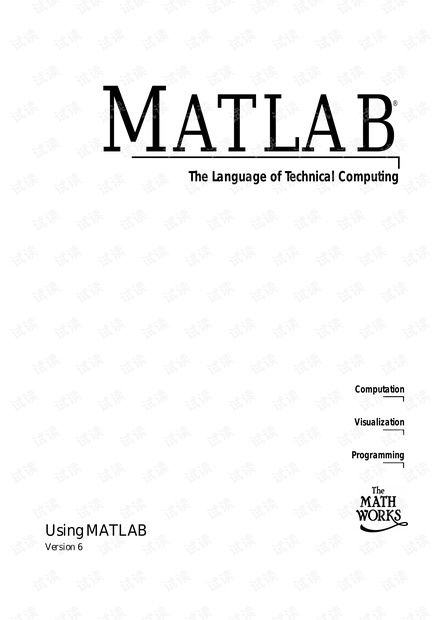Unlocking the Language of Growth:Essential English Vocabulary for Parenting and Child Development
Introduction
Parenting is a journey filled with challenges and rewards, and one of the most crucial aspects of a child's development is their language acquisition. As a育儿专家, I often emphasize the importance of language in shaping a child's cognitive, social, and emotional growth. English, being one of the most widely spoken languages globally, offers a rich vocabulary that can be instrumental in a child's development. In this article, we will explore essential English words related to growth, which can be integrated into daily parenting practices to foster a child's linguistic and personal development.
1、Development (/dɪˈvɛləpmənt/)
Development is a broad term that encompasses the physical, cognitive, and emotional changes a child undergoes from birth to adulthood. It is a continuous process that involves learning, adapting, and maturing. Parents can use this word to discuss a child's progress in various areas, such as motor skills, language, and social interactions.
2、Growth (/ɡroʊθ/)
Growth specifically refers to the increase in size, typically associated with physical development. It is a visible aspect of a child's maturation and can be a source of pride and joy for parents. Encouraging a child to understand the concept of growth can help them appreciate their own physical changes and those of their peers.
3、Milestone (/ˈmaɪlstəʊn/)
Milestones are significant events or achievements in a child's development. They can be developmental, such as crawling or walking, or they can be academic, like learning to read. Parents can use this term to set goals and celebrate achievements, which can boost a child's confidence and motivation.

4、Cognitive (/ˈkɒɡnɪtɪv/)
Cognitive refers to the mental processes involved in thinking, learning, and understanding. Cognitive development is a critical aspect of a child's growth, as it involves memory, attention, perception, and problem-solving skills. Parents can foster cognitive development by providing a stimulating environment and engaging in activities that challenge the mind.
5、Emotional (/ɪˈmoʊʃənl/)
Emotional development is the process by which children learn to recognize, understand, and manage their feelings. It is a crucial part of a child's overall growth, as it influences their relationships and social interactions. Parents can support emotional development by modeling healthy emotional expression and providing a safe space for their children to express their feelings.
6、Social (/ˈsoʊʃəl/)
Social development involves learning how to interact with others, understand social cues, and form relationships. It is a key aspect of a child's growth, as it prepares them for school and later life. Parents can promote social development by encouraging playdates, group activities, and teaching empathy and cooperation.
7、Language (/ˈlæŋɡwɪdʒ/)
Language is the system of communication that involves the use of words, sounds, and symbols. Language development is a fundamental part of a child's growth, as it enables them to express themselves and understand others. Parents can support language development by reading to their children, engaging in conversations, and encouraging the use of new words and phrases.
8、Motor Skills (/ˈmoʊtər skɪlz/)

Motor skills are the physical abilities needed to perform tasks that involve movement and coordination. They are divided into fine motor skills (e.g., writing, buttoning) and gross motor skills (e.g., running, jumping). Parents can help their children develop motor skills by providing opportunities for physical play and practice.
9、Resilience (/rɪˈzɪliəns/)
Resilience is the ability to bounce back from adversity or setbacks. It is an essential quality for personal growth, as it helps children cope with challenges and learn from their experiences. Parents can foster resilience by encouraging problem-solving, praising effort, and teaching children to view failures as opportunities for growth.
10、Self-esteem (/ˌself ɪˈstiːm/)
Self-esteem refers to a child's overall sense of self-worth and confidence. It is closely tied to their emotional and social development. Parents can help build self-esteem by offering praise, setting achievable goals, and encouraging children to take on age-appropriate responsibilities.
Conclusion
Language is a powerful tool in parenting, and understanding the English vocabulary related to growth can significantly impact a child's development. By incorporating these words into daily conversations and activities, parents can create a rich linguistic environment that supports cognitive, emotional, and social growth. As a育儿专家, I encourage parents to be mindful of the language they use and to seize every opportunity to nurture their child's development through meaningful interactions and experiences. Remember, the words we use can plant seeds of understanding and inspire a lifetime of learning and growth.











